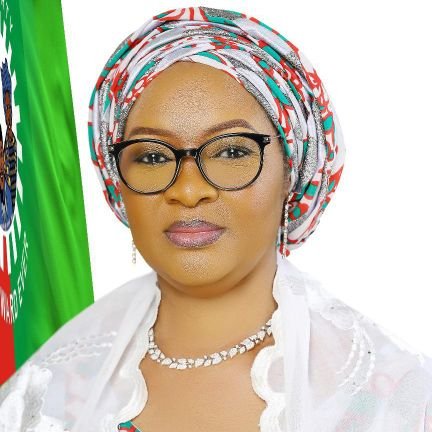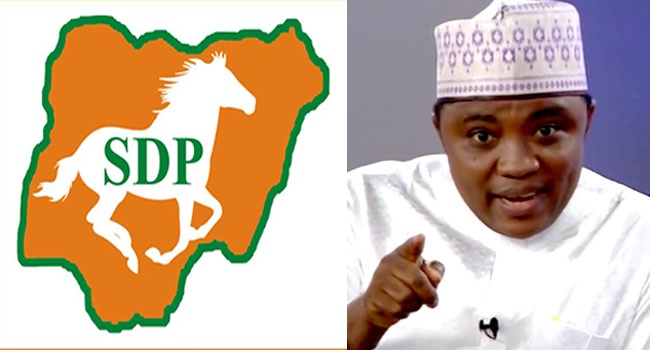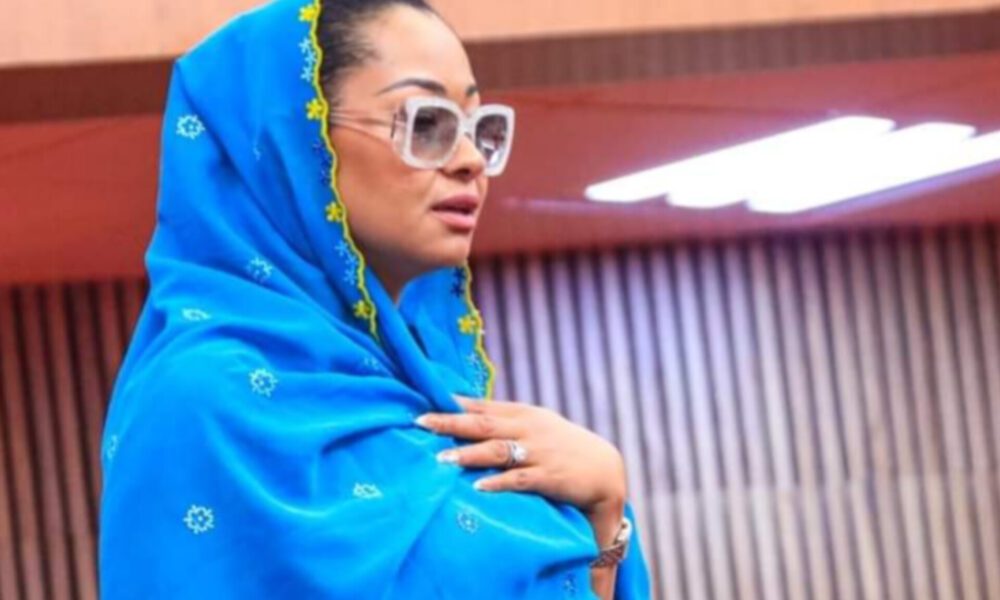The Labour Party(LP) has urged the federal government to implement bold reforms to address Nigeria’s pressing challenges, including poverty, inequality, and corruption.
The Labour Party’s call for reforms echoes concerns from various stakeholders, including international organizations and civil society groups.
In a statement marking Nigeria’s 64th Independence Day, Labour Party National Caretaker Chairman, Dr. Nenadi Usman, emphasized the need for inclusive governance and economic growth.
“Nigeria’s wealth of resources contrasts sharply with its stark realities. Nearly half the population lives below the poverty line, and over 20 million children are out of school,” Dr. Usman said.
She called for urgent action to address these issues, stressing that governance failures and corruption have hindered Nigeria’s progress.

Dr. Usman highlighted the wealth of resources Nigeria possesses but lamented the setbacks that have stalled its progress.
She pointed to alarming statistics, noting that nearly half of the population lives below the poverty line and over 20 million children are currently out of school.
She also expressed concern over the persistence of corruption and the lack of integrity in the country’s political and electoral systems.
While acknowledging some economic growth, Dr. Usman emphasized that widespread poverty and inequality persist.
She argued that governance failures and corruption have kept Nigeria ranked poorly in global indices measuring corruption and adherence to the rule of law.
To steer Nigeria toward a brighter future, Dr. Usman called for bold reforms, including policies aimed at promoting macroeconomic stability, stimulating private sector growth, and expanding social safety nets for the most vulnerable.
She also stressed the importance of fostering unity across tribal and religious lines to build a New and Productive Nigeria focused on the collective well-being of its citizens.
Dr. Usman further emphasized the need for a citizen-centric approach, focusing on improved access to education, healthcare, and economic opportunities, as well as ensuring free and fair elections.
In conclusion, the Labour Party Chairman called on Nigerians to take meaningful steps toward a better future, pledging that through collective action, courageous leadership, and a shared commitment to progress, the nation can thrive and fulfill its true potential.



